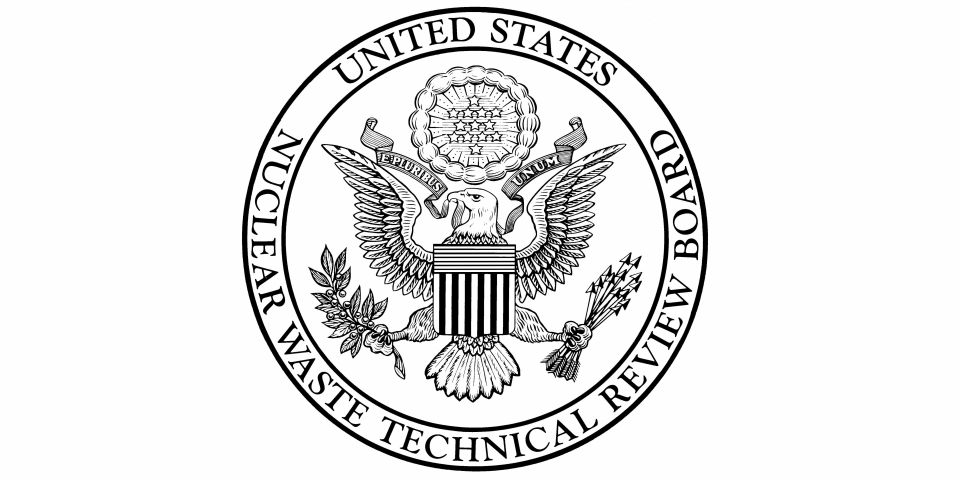The bill would require the NRC to revise its regulations on the reporting of extravasations during diagnostic or therapy treatments using radiopharmaceuticals. Radiopharmaceutical extravasations are medical errors that occur when a radioactive drug is accidentally injected into the tissue rather than into the patient’s vein as intended. Under the bill, if a localized dose threshold of 50 rem (0.5 sieverts) is exceeded, the incident must be reported as a medical event.
NRC rulemaking: In 2020, Lucerne Dynamics submitted a petition for rulemaking to the NRC requesting the agency amend its regulations under 10 CFR Part 35 to require medical event reporting of radiopharmaceutical extravasations.
NRC staff announced in 2022 its intent to initiate the rulemaking and, following a request for public input on the rulemaking process, issued a proposed rule (SECY-24-0067) in August 2023 that would require licensees to “develop, implement, and maintain written procedures for evaluating and reporting extravasation medical events.”
According to the bill’s sponsors, however, the NRC’s proposed rule “is insufficient and uses a subjective standard to determine whether an event is reportable, which is contrary to every other radiation safety rule.”
They said it: “Patients deserve to have protections and transparency when undergoing treatment for serious health conditions,” said Davis. “Improving reporting for accidental radiation exposure is long overdue and we must restore the rights of the patients who place their trust in healthcare providers.”
“The Nuclear Medicine Clarification Act is about making sure patients are protected and federal agencies are doing what they’re supposed to do,” said Cline. “This bill brings clear direction to the NRC so that nuclear medicine procedures are carried out with the highest safety standards.”
“I am pleased that Congress is stepping in to force the NRC to protect patients,” said Jackson W. Kiser, a nuclear medicine physician. “NRC needs to make these incidents reportable like any other accidental exposure so my fellow physicians can get the support they need from their hospitals like I have to reduce the frequency and severity of these medical events.”





